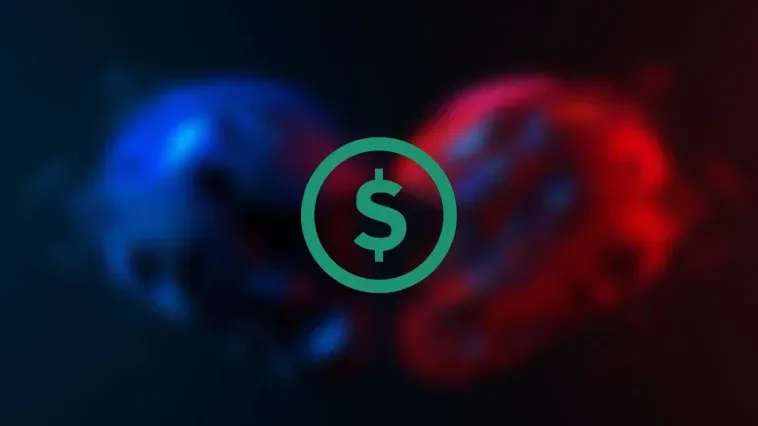(Reclaim The Net) In a clash of political parties and ideologies, US lawmakers are gearing up for a major debate over the concept of a Central Bank Digital Currency (CBDC). The Democratic and Republican factions are wrestling over several bills, each aiming to shape the destiny of digital currency in America, gravitating between the possibilities of outright banning CBDCs or initiating pilot schemes to explore their potentials.
Cornerstone to the fiery conversation is the proposition of a digital dollar, an idea so repulsive to Republican leaders that it has found a place in presidential campaign arguments and spurred an onslaught of bills aiming to extinguish it before it gains traction.
One such bill was recently reintroduced by Democratic Rep. Stephen Lynch. Far from choking the life out of the infant concept of a digital dollar, Lynch’s bill instead breathes life into it, proposing a pilot scheme surrounding its operation.
This divergent stance occurs in a context where nations worldwide, including powerhouses like Russia and China, explore the realms of digital currencies. With nearly 130 countries taking strides into the digital currency arena, Rep. Lynch underlines the urgency for the US to maintain its leadership position in synchronizing the advancement and regulatory spheres of digital currency.
Opposing this viewpoint, however, is Rep Alex Mooney, who is pushing for the Digital Dollar Pilot Prevention Act. This legislation directly defies government experimentation surrounding CBDCs, standing firmly on the Republican side of the aisle.
Pointing to privacy and the potential for surveillance, Republicans express concern over a concept that could potentially provide an open door for constant tracking and limitation of transactions. Rep. Tom Emmer, a key figure in the House leadership and a strong advocate for cryptocurrencies, has pointed out that any government-issued CBDC not designed to be open, permissionless, and private is simply a tool for censorship disguised as a digital dollar.
Amidst Republican concerns, nevertheless, the Biden administration has yet to propose any concrete CBDC policy – though he has looked into it.
Giving voice to privacy concerns, officials from the Federal Reserve and Treasury Department underscore that the discussions surrounding CBDCs are only at the beginning stages. They assure that no action will be taken without the necessary approval from the White House and Congressional endorsement.
A lively debate unfolded in the United States House Financial Services Committee on September 20, during the evaluation of the CBDC Anti-Surveillance State Act.Underpinning the debate were not only the technicalities of finance, but societal issues ranging from privacy, government surveillance, and how these elements intersect with a potential US CBDC.






